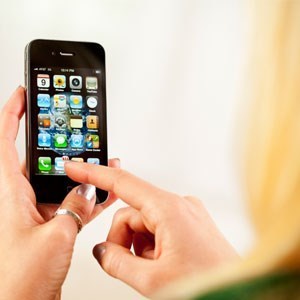In the 10 years since the launch of the first Apple iPhone in 2007, mobile devices have become integral to many people’s daily life.1 It is not surprising then that some patients want to bring their smartphones into their physicians’ offices to record some or all of their clinical healthcare encounter.
These recordings (audio or video) may benefit patients, giving them improved clarity about their health and a greater sense of engagement, possibly leading to better adherence to their care plan. However, any recording in a physician’s office also has the potential to raise issues, such as the privacy of other patients and staff, the impact on the doctor-patient relationship, and the incorporation into the medical record.
To leverage the possible benefits of recordings and counter any possible problems, physicians need to be prepared. They should become aware of their privacy obligations and consider whether to adopt a policy on recordings in their premises. Any policy should address potential problems that are specific to a recording’s location—that is, the policy must address recordings made in public areas, such as waiting rooms, and recordings made in private areas, such as an examination room.
What can physicians do about recordings in their offices?
Physicians should prepare for patient recordings and consider adopting a policy on the use of smartphones and other recording devices in their offices.
Any policy should distinguish between what is allowed in public spaces and in private areas. At a minimum, physicians should consider whether it is necessary to prohibit patients from taking photos and making video and audio recordings in the waiting room or other public areas to protect the privacy of patients and staff members.
Impact on the doctor-patient relationship
A patient may have valid reasons for wanting to record a clinical encounter in a private area such as an examination room. They may want to have an accurate record of the physician’s advice, or to share the information with a family member. However, the recording of a clinical encounter by a patient without the physician’s knowledge can be perceived as reflecting a lack of confidence in the relationship on the part of the patient.
As well, misunderstandings related to recordings can lead to regulatory authority (College) complaints.
Via nrip



 Your new post is loading...
Your new post is loading...








